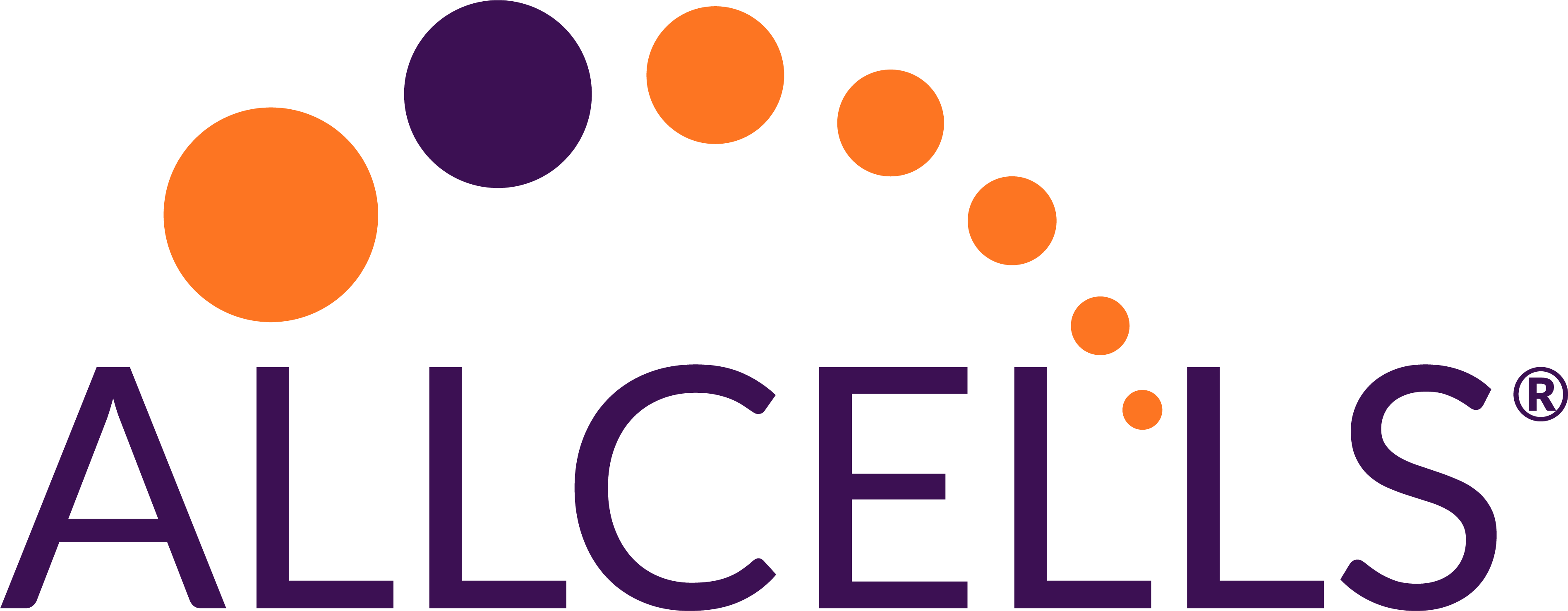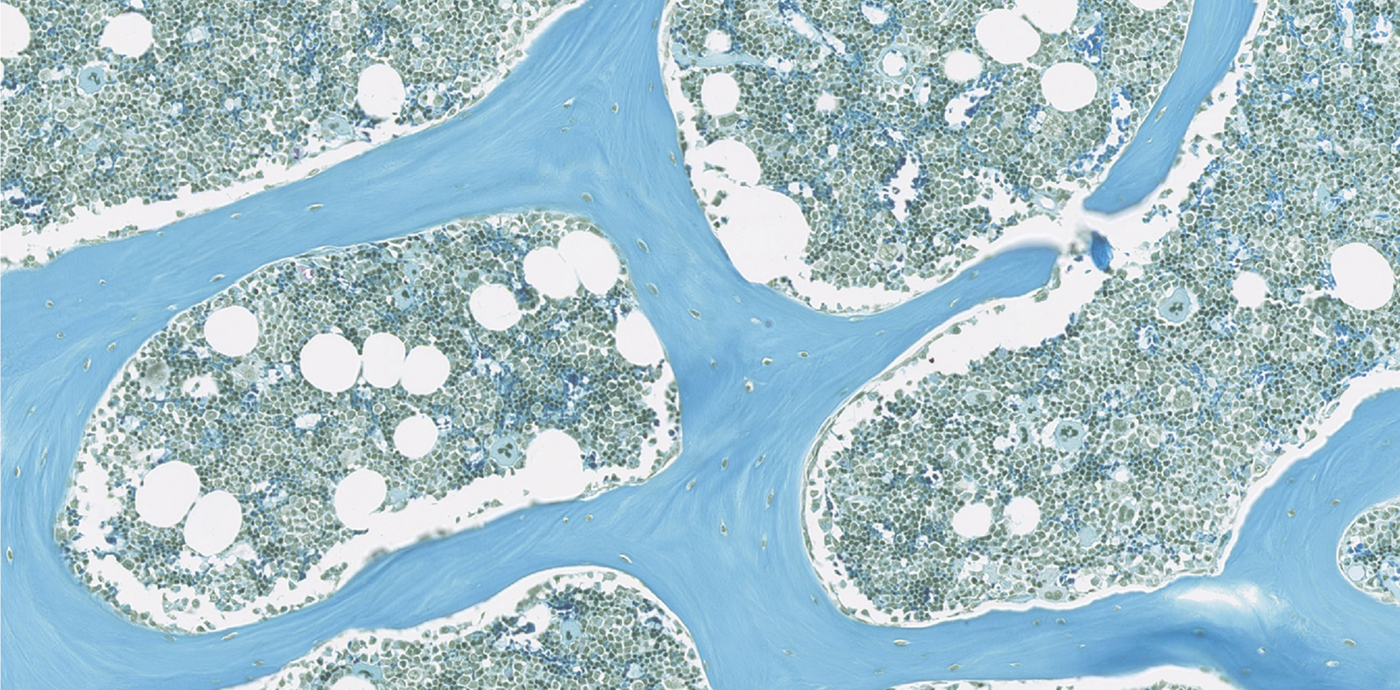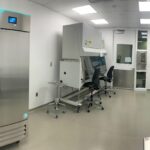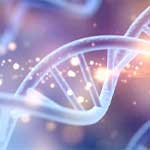T Lymphocytes: A Look at their Role and Research Applications

T cells are the main effector cells of the adaptive immune system and can be distinguished from other white blood cells by the presence of a T-cell receptor (TCR) on their cell surface. Differentiated from bone marrow-derived hematopoietic stem cells, T cells migrate from the thymus gland where they mature into CD4+ and CD8+ T cells. Further differentiation occurs in the periphery of CD4+ and CD8+ T cells into several subtypes, each with distinct roles in the formation of an immune response. Both CD4+ and CD8+ T cells require antigen presentation by MHC class II and I, respectively, via professional antigen presenting cells, such as dendritic cells and B cells, for their activation (Figure 1).
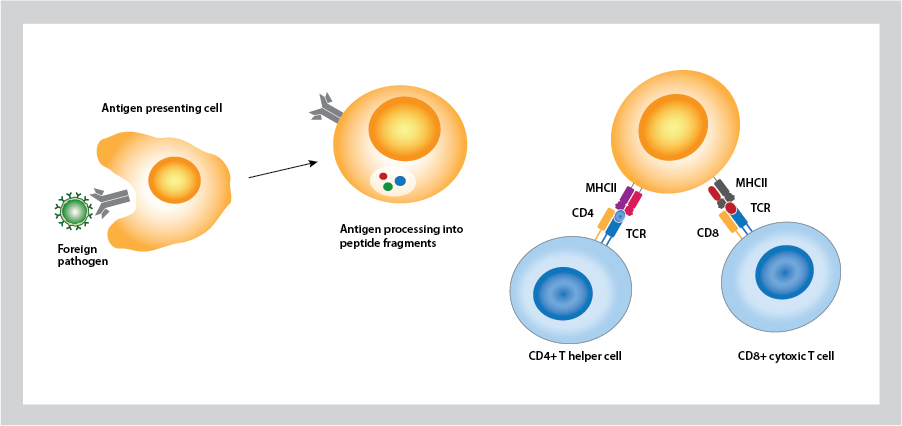
Figure 1. Activation of T cells by antigen presenting cells. Foreign pathogens are internalized by antigen presenting cells and the antigen peptide fragments are displayed on their cell membranes on either MHC class I or II molecules to activate CD4+ and CD8+ T cells.
Undoubtedly, CD8+ cytotoxic T cells have been the focus of much research with the development of adoptive cell therapies like CAR-T. For a more indepth look at CAR-T, we have an entire blog post dedicated to the subject here. However, disease relapse remains a major hurdle with CAR T therapy, largely attributed to poor CAR T cells persistence in vivo. Evidence is mounting that suggests less differentiated naive and memory T cells are superior to effector T cells in the transfer of immunity for adoptive cell therapy to book persistence and develop immunological memory1. Further research into the mechanism driving the in vivo functions of these T cell subtypes is thus necessary to build better immunotherapies and to advance other T cell-based research and translational medicine applications.
Here, we will review some recent T cell-focused publications that use T cells from AllCells’ product portfolio.
1) CD3+ Pan T Cells
The CD3+ antigen is present on T cells throughout all stages of development, making it a useful immunohistochemical marker for T cells. CD3+ associates with the TCR and ζ-chain to form the TCR complex present on all T cells. CD3+ T cells are typically a mixture of CD4 and CD8 T cells with a smaller portion of gamma/delta T cell subsets. T cells have been widely used in immunology, study/treatment of infectious diseases, cell and gene therapy, cancer immunotherapy, and more.
A recent publication2 by Keskar and colleagues utilized AllCells CD3+ pan T cells to develop a novel DNA-based T cell activation and expansion platform to facilitate rapid T-cell activation and expansion for the generation of CAR-T cell adoptive therapies.
2) CD4+ Helper T cells
CD4+ Helper T (TH) cells “help” other lymphocytes after becoming activated through antigen presentation by antigen presenting cells via MHC class II molecules. They divide rapidly upon activating, secreting cytokines that activate other effector cells like B cells, which produce antibodies needed to fight infection; cytotoxic T cells, which kill cells carrying infectious agents; as well as engaging macrophages and other effector cells. These polyfunctional cells are frequently used in cancer immunotherapy research specifically to study the role of checkpoint inhibition in anti-tumor T cell responses.
Seto et al.3 utilized RNA extracted from AllCells CD4+ T cells (healthy control cells) and T cells derived from clinical biopsies of CTCL patients in comparative transcriptome analysis to understand the mechanism of action of a newly developed T cell lymphoma therapeutic, cobomarsen (MRG‐106). An oligonucleotide inhibitor of microRNA (miR)‐155, which regulates immune cell function; its overexpression is observed in many solid tumors and hematological malignancies strongly suggesting a role in disease initiation and progression.
3) CD4+/CD45RA+ Naïve Helper T cells
A naive T cell is the most immature; one that has differentiated in the thymus and successfully undergone the positive and negative processes of central selection. Among these are the naïve forms of CD4+helper T cells and CD8+ cytotoxic T cells. CD4+/CD45RA+ naïve CD4+T cells have not been exposed to antigen and can therefore be are activated with antigen-MHC complex and differentiated into specific subtypes including TH1, TH2 and regulatory T cells (TREG) using specific cytokines. They are used to study molecular mechanisms driving CD4+ cell differentiation to specialized subtypes as well as antigen-specific activation processes or as a source of cells to differentiate into subtypes for further study.
A 2019 study4 looked to define the role of Tec kinases ITK (interleukin-2-inducible T-cell kinase) in modulating human TREG development and function using an siRNA ITK knockdown model. AllCells naïve CD4+ T cells were polarized to the TREG subset with a cytokine mixture of 300 U/ml IL-2 and 5 ng/ml rhTGFβ to facilitate these studies.
4) CD4+/CD45RO+ Memory Helper T Cells
CD4+/CD45RO+ memory helper T cells are antigen-specific T cells that remain long-term after infection or vaccination. The memory T cells are quickly converted into large numbers of effector T cells upon re-exposure to that antigen, able to generate a rapid and potent response to past infection. They are an important subset for vaccine development and are also used to study antigen-specific responses, checkpoint inhibition, T cell proliferation and cancer immunotherapy.
5) CD8+ Cytotoxic T cells
CD8+ cytotoxic effector T cells are the most abundant T cells in peripheral blood and are important in eliminating viruses and tumor cells. Foreign antigen presentation by APCs through MHC class I molecules activates CD8+ T cells, which can divide rapidly to create more antigen-specific CD8+ T cells to fight the infection. They can initiate apoptosis of an infected or cancerous cell through the targeted release of cytolytic enzymes. These potent effector cells are the focus of adoptive cell therapies like CAR-T, which look to boost their specificity and cytotoxicity towards tumor cells.
Sarkar et al.5 utilized AllCells CD8+ cells in a high-throughput microfluidic droplet array platform to analyze cell-cell interaction with dendritic cells and effector functions at a single cell level. This platform allows for dynamic phenotypic screening and has potential applications in high throughput evaluations of novel cell-based immunotherapeutic agents.
6) CD8+/CD45RA+ Naïve Cytotoxic T cells
CD8+/CD45RA+ naive cytotoxic T cells are those cells that have not encountered an antigen and have not become activated against a target population. They are useful to study the mechanism by which naïve T cells bind to cognizant antigens via antigen presenting cells and undergo a series of events that leads to activation and proliferation to establish a robust immune response.
7) CD4+/ CD127-/low CD25+ Regulatory T cells
CD4+/CD127/lowCD25+ regulatory T cells (TREGs) are a sub-population of CD4+ T cells that regulate the immune response to self and foreign antigens to prevent overactive immune responses. They prevent the development of autoimmune diseases and chronic inflammation by suppressing the activation, proliferation and cytokine production of CD4+ and CD8+ T cells to maintain homeostasis and self-tolerance.
TREGs have been extensively studied in the context of graft rejection (i.e., GVHD) in solid organ transplantation, the treatment of autoimmune diseases and have recently been the focus of new adoptive cell therapy strategies like CAR- TREGs.
ALLCELLS’ T CELL PORTFOLIO
AllCells offers a wide range of fresh or cryopreserved T cell products isolated from peripheral blood mononuclear cells (PBMCs) collected from a large repository of recallable healthy donors at our bicoastal FDA-approved facilities via leukapheresis using the industry-leading Spectra Optia apheresis system. T cell subpopulations of interest are isolated using positive or negative immunomagnetic cell separation techniques and quality controlled for cell count and viability using validated AO/PI protocols.
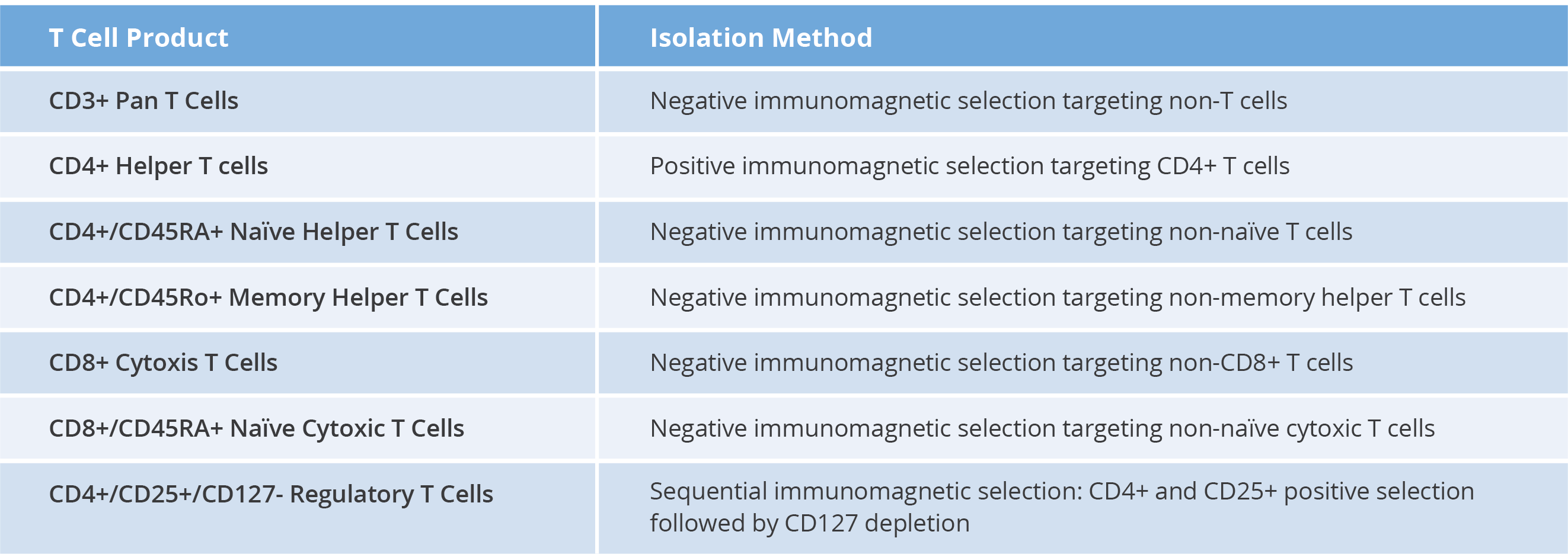
Our uniquely positioned adjacent collection and processing facilities provide the flexibility to accommodate made-to-order T cell product customizations upon request to meet your unique needs such as (but not limited to):
- Custom kits (i.e., multiple volume formats)
- Bulk T cell isolations from a single recallable donor
- Matched isolations to maximize yield of T cell subpopulations from the same leukapheresis material (i.e., sequential immunomagnetic separations to obtain CD4+ cells and then CD8+ cells) represent a time and cost savings for institutions where research using multiple cell types is performed
For more information and/or to get a quote, please visit allcells.com or call us at 510.726.2700.
REFERENCES
- McLellan AD, Ali Hosseini Rad SM. Chimeric antigen receptor T cell persistence and memory cell formation. Immunol Cell Biol. 2019;97(7):664-674. doi:10.1111/imcb.12254
- Keskar V, Sood A, Loghin E, et al. Novel DNA-based T-Cell Activator Promotes Rapid T-Cell Activation and Expansion. J Immunother. 2020;43(8):231-235. doi:10.1097/CJI.0000000000000329
- Seto AG, Beatty X, Lynch JM, et al. Cobomarsen, an oligonucleotide inhibitor of miR-155, coordinately regulates multiple survival pathways to reduce cellular proliferation and survival in cutaneous T-cell lymphoma. Br J Haematol. 2018 Nov;183(3):428-444. doi: 10.1111/bjh.15547
- Mamontov P, Eberwine RA, Perrigoue J, et al. A negative role for the interleukin-2-inducible T-cell kinase (ITK) in human Foxp3+ TREG differentiation. PLoS One. 2019 Apr 25;14(4):e0215963. doi: 10.1371/journal.pone.0215963.
- Sarkar S, Sabhachandani P, Stroopinsky D, Palmer K, Cohen N, Rosenblatt J, Avigan D, Konry T. Dynamic analysis of immune and cancer cell interactions at single cell level in microfluidic droplets. Biomicrofluidics. 2016 Oct 12;10(5):054115. doi: 10.1063/1.4964716.
